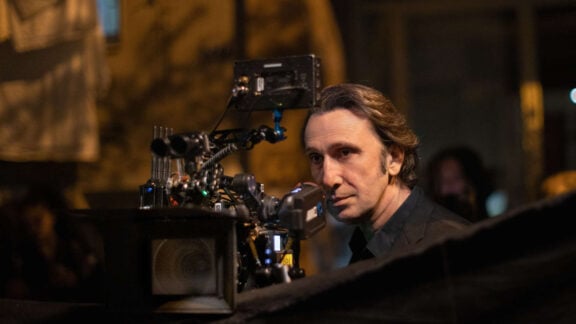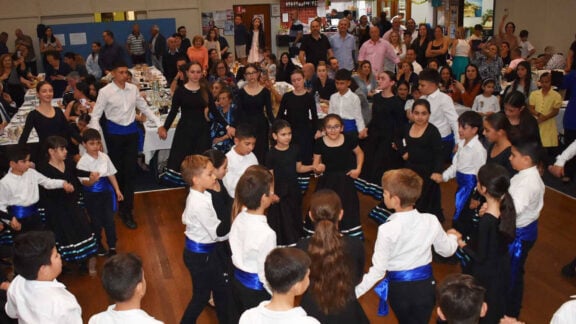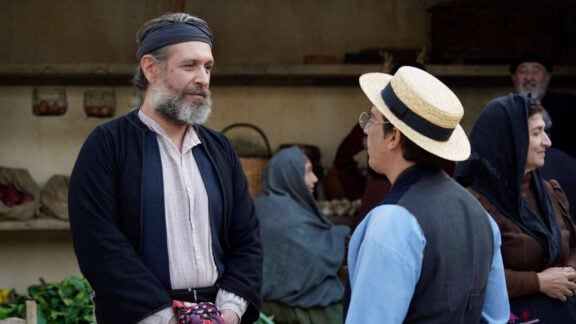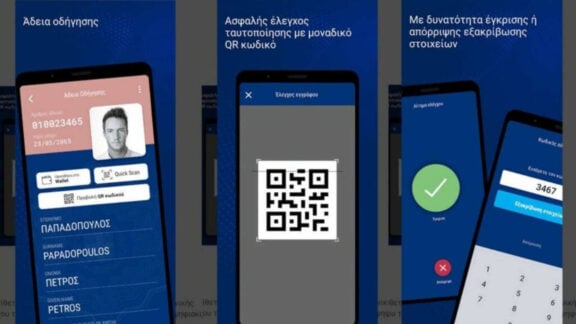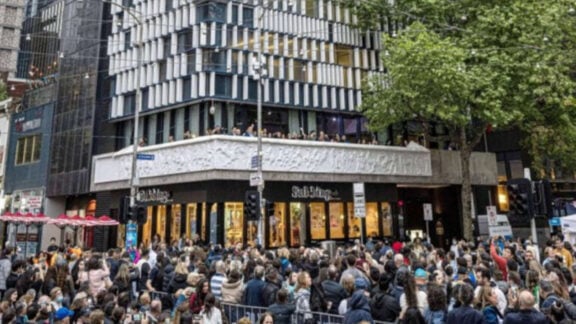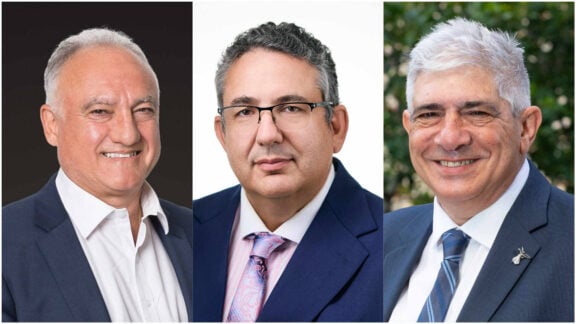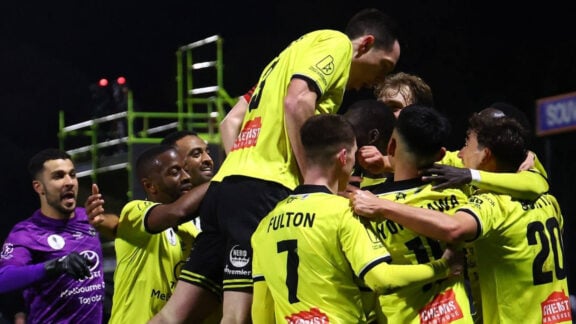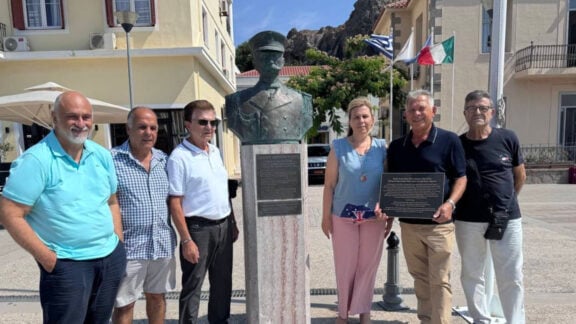Two years ago, the Australian Greek Welfare Society (now trading as Pronia) was given $360,000 by the Andrews government to increase its capacity over a four-year period to service the needs of newly arrived Greeks. Two years on, Pronia’s Newly Arrived Greek People Project is a reality, providing settlement, integration and adjustment services to newly arrived individuals and families. These services are a combination of direct casework and community education and development.
Social educator Konstantina Kouroutsidou shares her insights.
What was the first priority of the program?
To develop culturally and linguistically appropriate services to assist the newly arrived migrants, to support them and to address their individual issues relating to migration and settlement. Pronia recently celebrated our 45th anniversary. So we knew through our long-standing experience that we need to provide a lot of community education and direct, one-on-one services. We had the opportunity to provide a range of meaningful programs and provide support according to individual needs.
How many people have come to the service for help?
As we presented in our two-year report to the Department of Immigration, we have had the opportunity to support 2,500 individuals. We have people visiting the service from all walks of migration. We have people coming to us straight from the airport with their suitcases.
It might sound like a stereotype, but they lack research. Although they are educated, a lot of them come to this country totally unprepared. They don’t know anything about the immigration system, about the different types of visas, what their individual options are. Which is strange, since nowadays it’s so easy to find such information through internet and social media. They build their migration experience from something they heard from someone, someplace.
I don’t understand how people can trust their migration plan to a conversation they had with their koumbaro at the kafenio. You can see huge differences between the different types of migrants – the ones who come prepared usually manage to make a future for themselves. I’m not saying that you should know everything but you should know the services, the mechanisms that can help you find out everything.
Why do you think this is happening?
I don’t know if it’s part of our culture to expect others to do things for us, or maybe the trauma of what they are going through is so severe, that they just grab a suitcase and go, without having the clarity of mind to think things through. That is the only explanation I can provide, that they are very stressed, they just want to run away and stop getting phone calls from the banks and social security funds for the money they owe.
What is the main problem they face coming here?
Whether they are returning citizens or newly arrived Greek nationals with temporary visas, they face many barriers which affect their efforts to find employment and accommodation, or even to connect with the system. A lot of them have limited skills of English language usage, particularly in verbal communication. They are embarrassed and hesitate to speak.
The biggest problem is accommodation. These are people who come without money, without references, without credit history. It is hard to find a house to stay in, so they end up paying a lot more than they should.
Another is having their qualifications and degrees recognised, which is a lengthy and expensive process. This factor, alongside with lack of local work experience, prevents their entry in the workforce; many are those who miss out on potential work opportunities and accept lower paying jobs, often outside of their field of expertise. They also have limited awareness about their work rights and workplace awards, which makes them vulnerable to being exploited in the work place. Unfortunately, we have seen many such incidents across all industries.
Where does Pronia step in?
We understand how this lack of information, the poor language skills, the lack of confidence, can have a negative effect on the settlement process. We provide education so that people can have accurate information about Centrelink and myGov [the online government services portal], about the medical and legal systems, about differences in education. We provide guidance and support for people to gain confidence, and to understand their rights and responsibilities.
What has been the greatest challenge that you’ve had to face?
Dealing with individuals and families with anxieties, fears, and unrealistic expectations. That was a challenge, but I believe we did very well.
What would you have never imagined about new migrants if you hadn’t been involved in this program?
There is something that surprised me. Back in the 70s, women were told to endure bad relationships, domestic violence, as we call it today, in the name of family, God, financial security, whatever you want to name it. Nowadays, women endure domestic violence in the name of a visa, which is very sad. A very large number being brought to Australia by their future husbands actually come to become cleaners or carers for elderly parents. And they remain quiet about what’s going on in their houses, the neglect and the psychological abuse. They endure it, as martyrs, they stick around. Some believe in a miracle; others are afraid that they will be punished either by their husbands or by the government, that they will be sent back to Greece.
How do you assist them?
They are all referred to Pronia’s counsellors for free services and they have access to free legal and migrant information. We have helped quite a few women find employment, accommodation, and peace of mind.
What have you discovered about yourself, through this process?
I’m very proud to be part of this program and to be able to assist all these people. I’ve had the opportunity to learn and grow myself, it helped me settle in Australia. Immigration doesn’t have to be this overwhelming experience. If we’re open to understand what’s going on around us, it gets a lot easier. It can become very pleasant. Because it is a very beautiful place – far away, yes, but a gorgeous place to live. It’s up to us.

